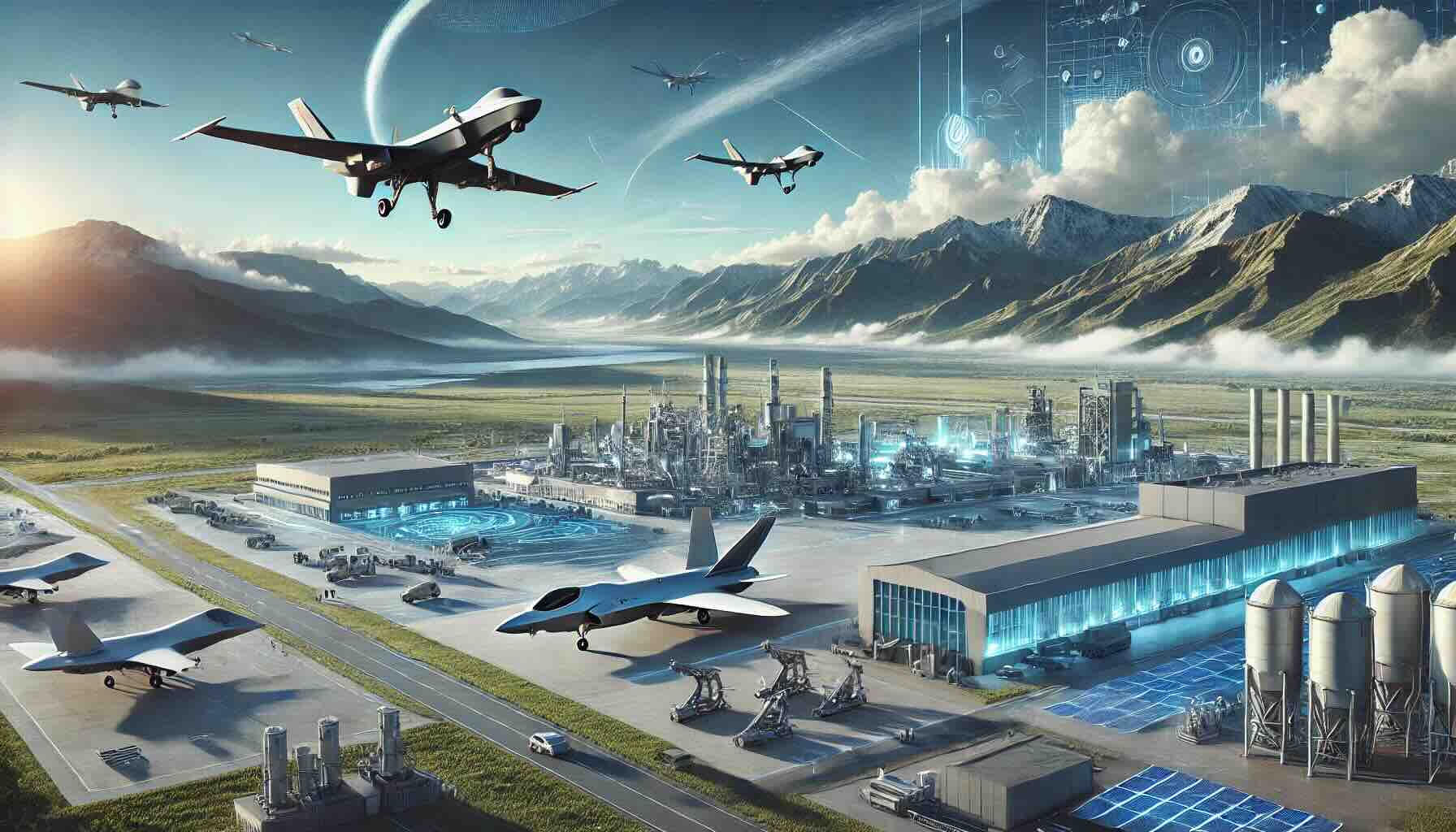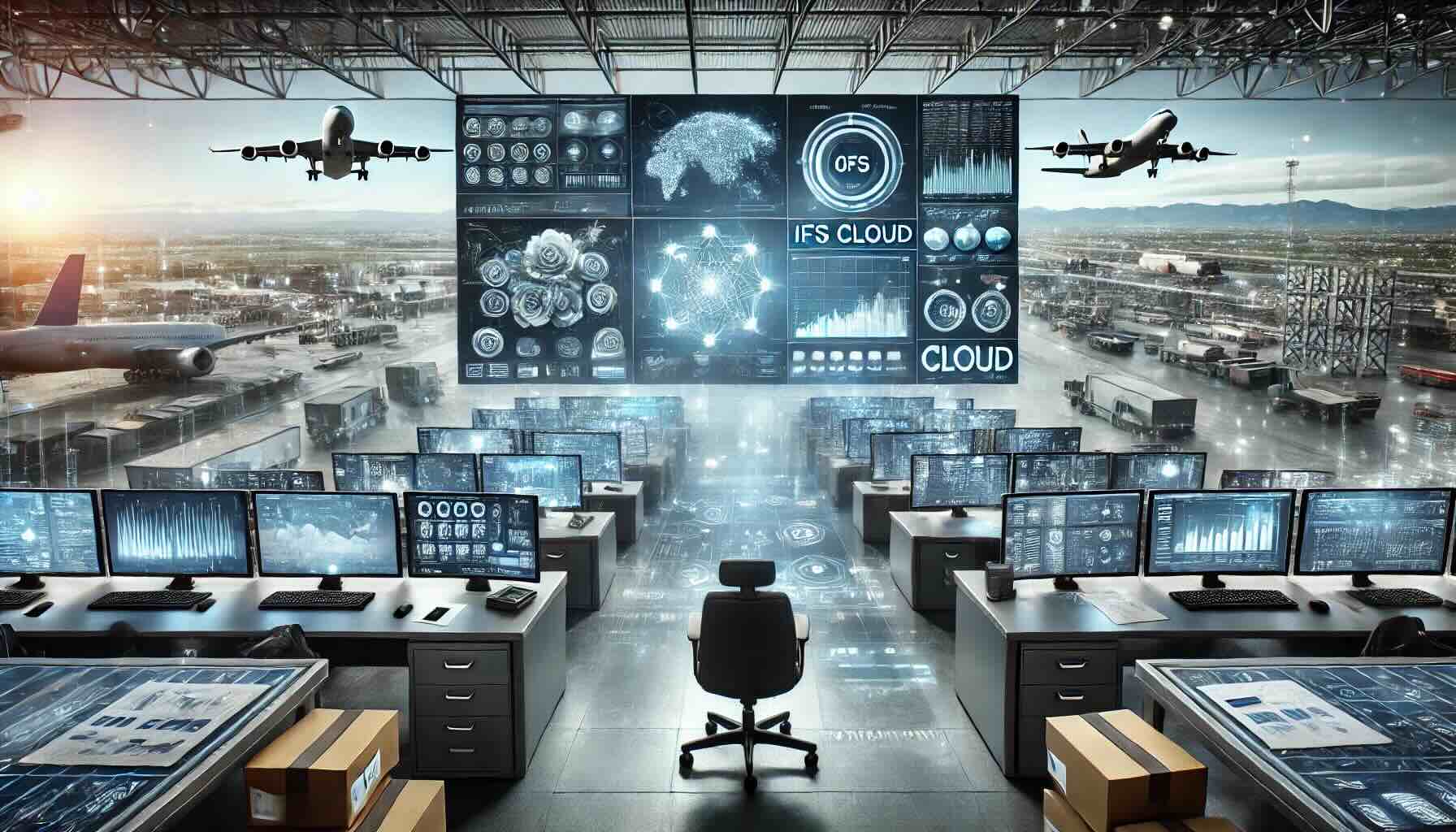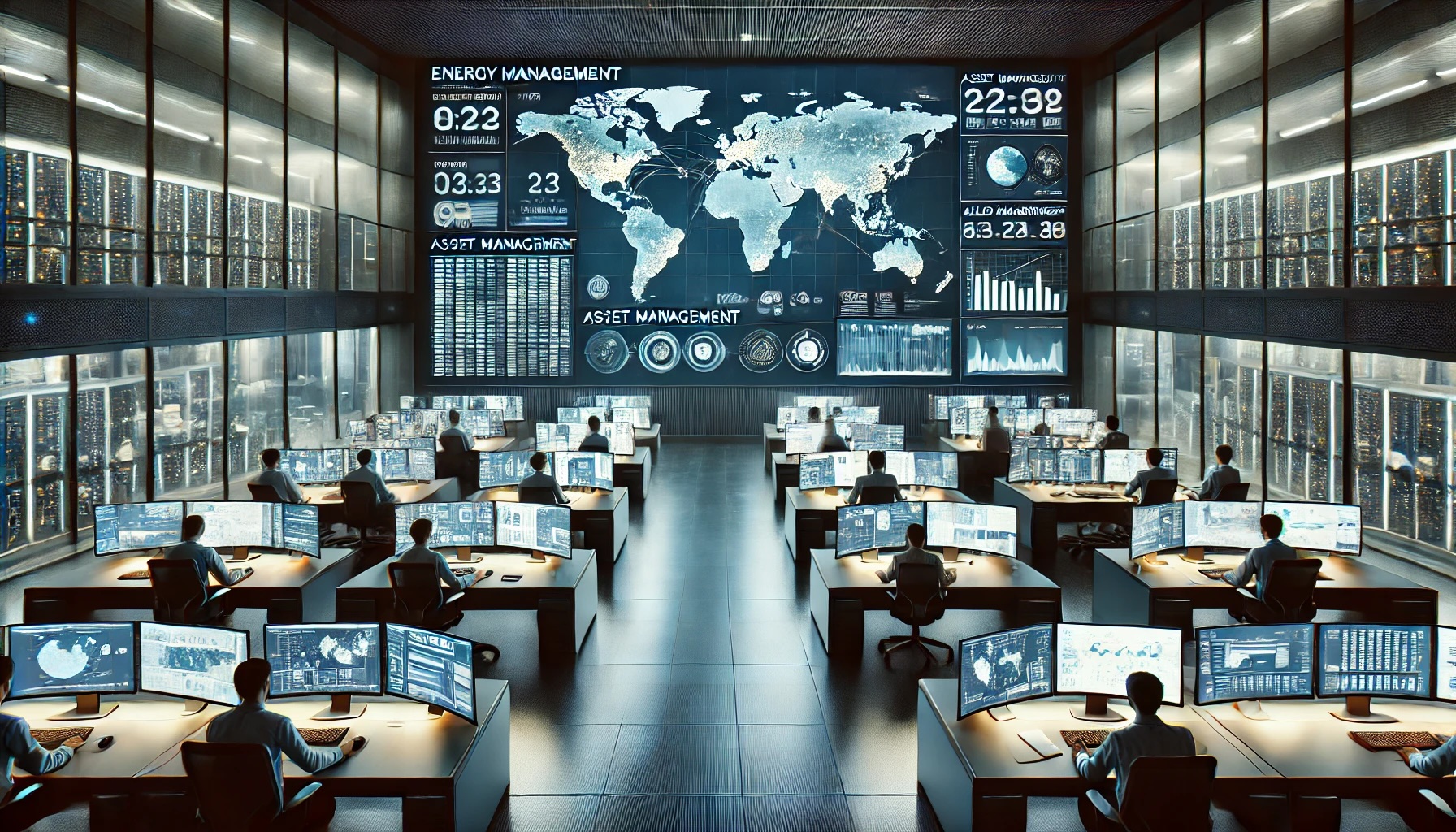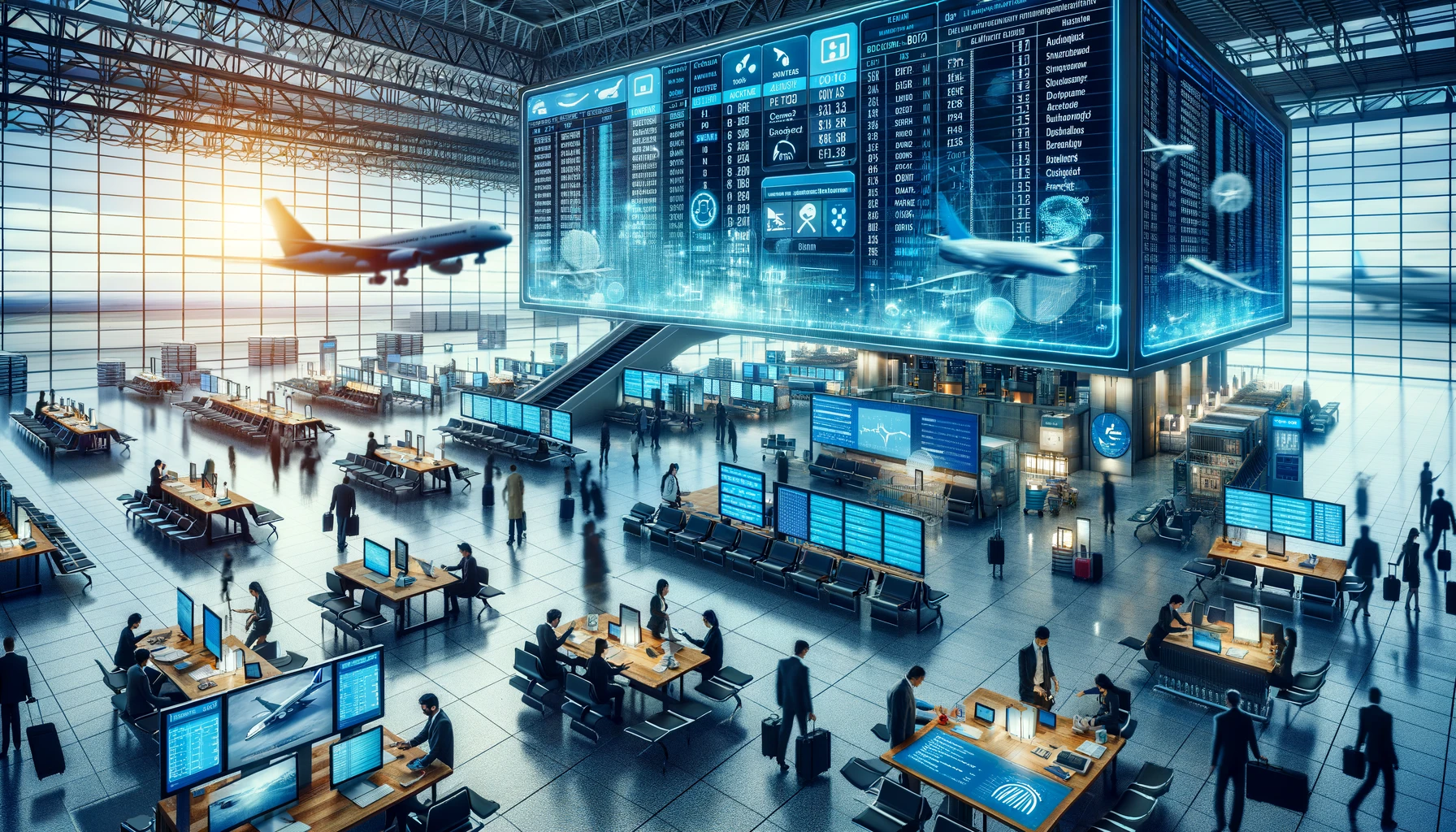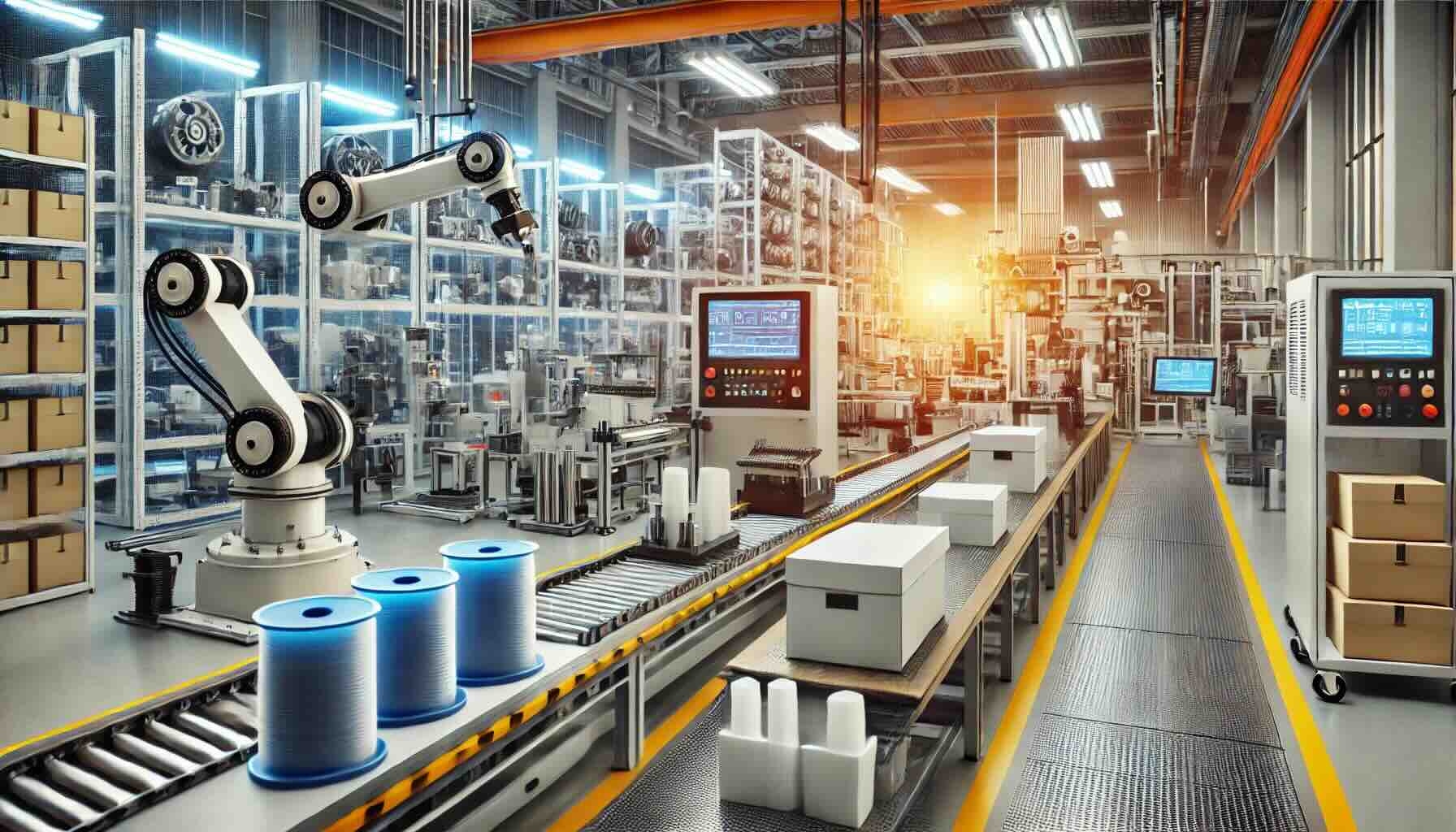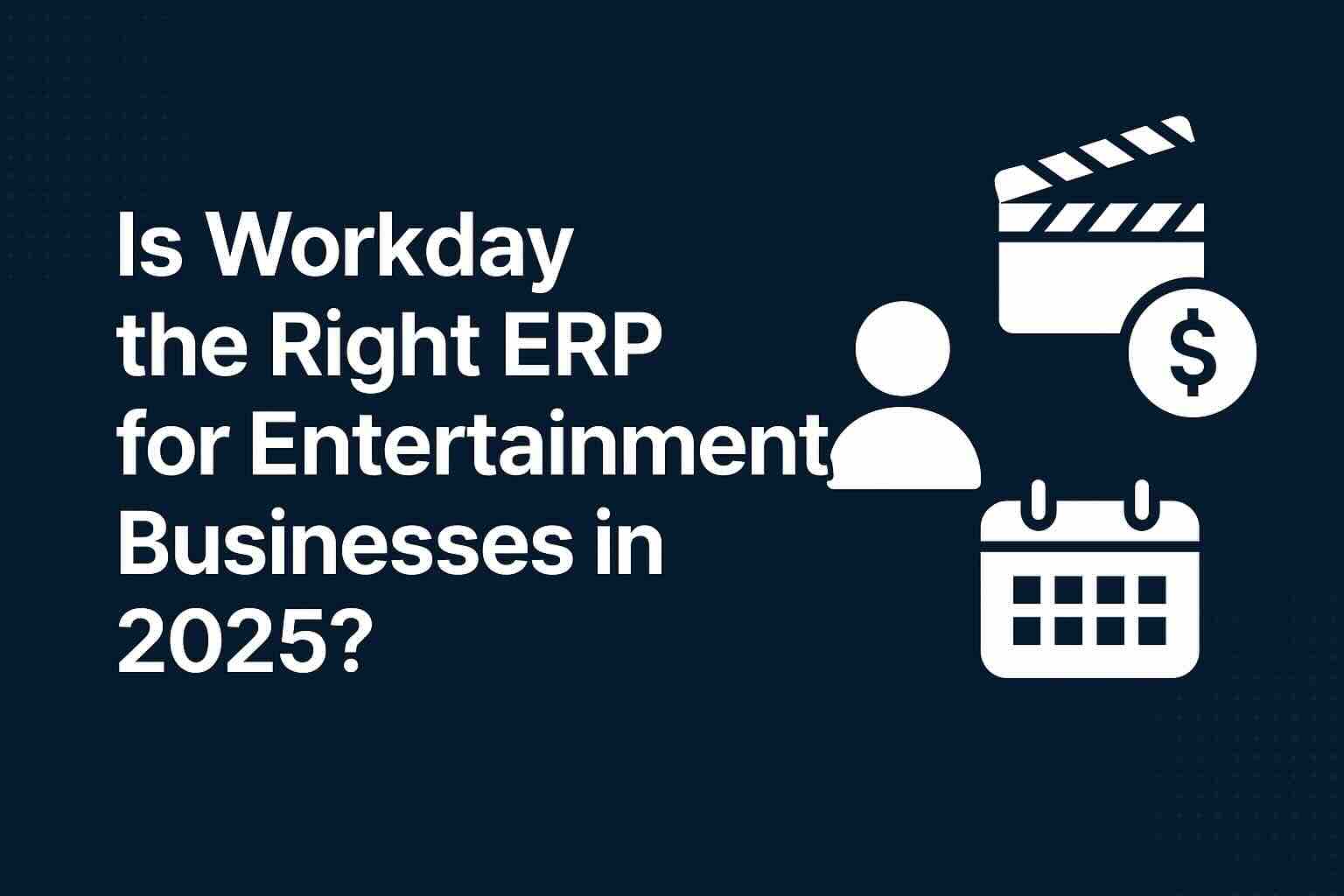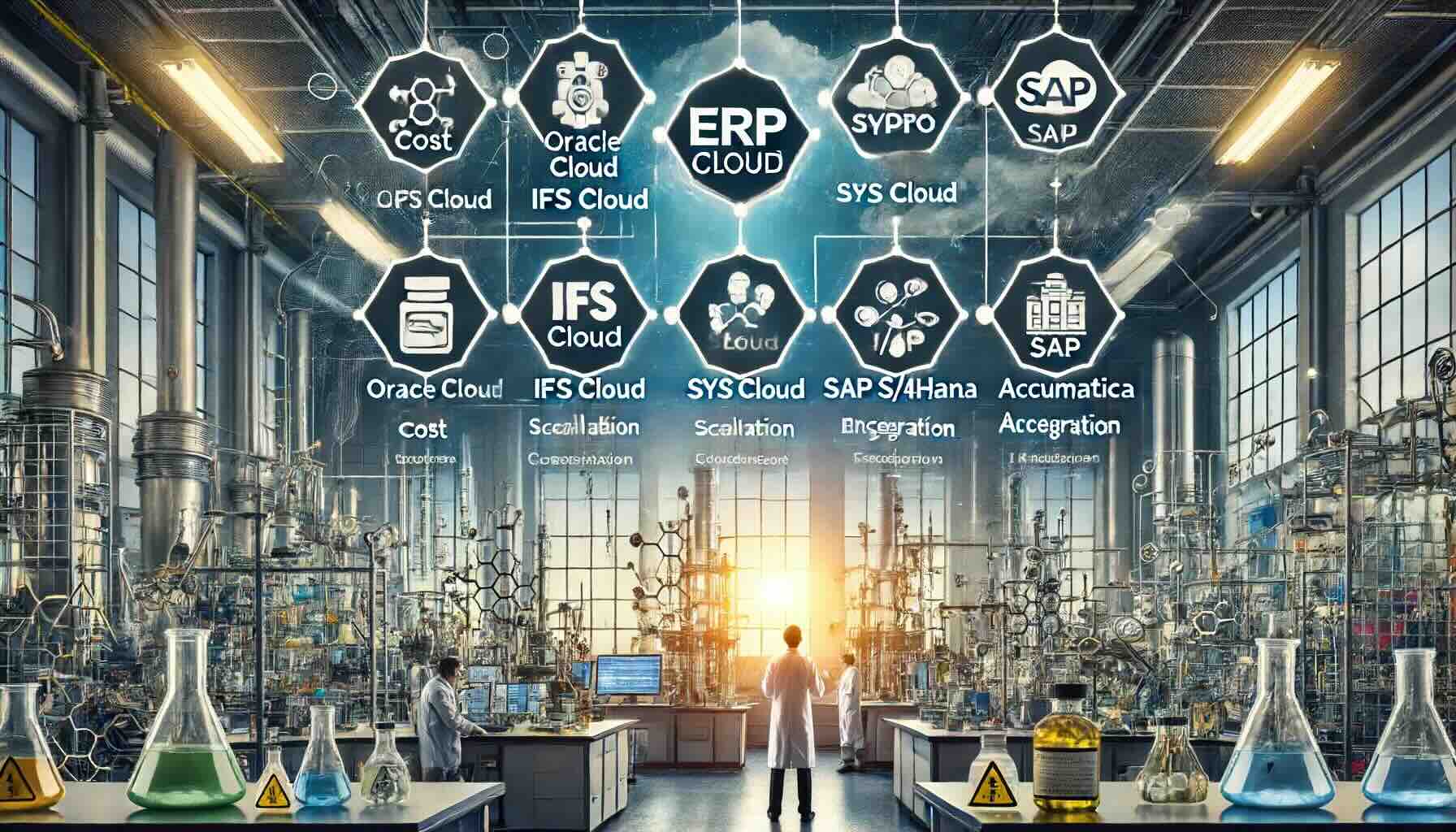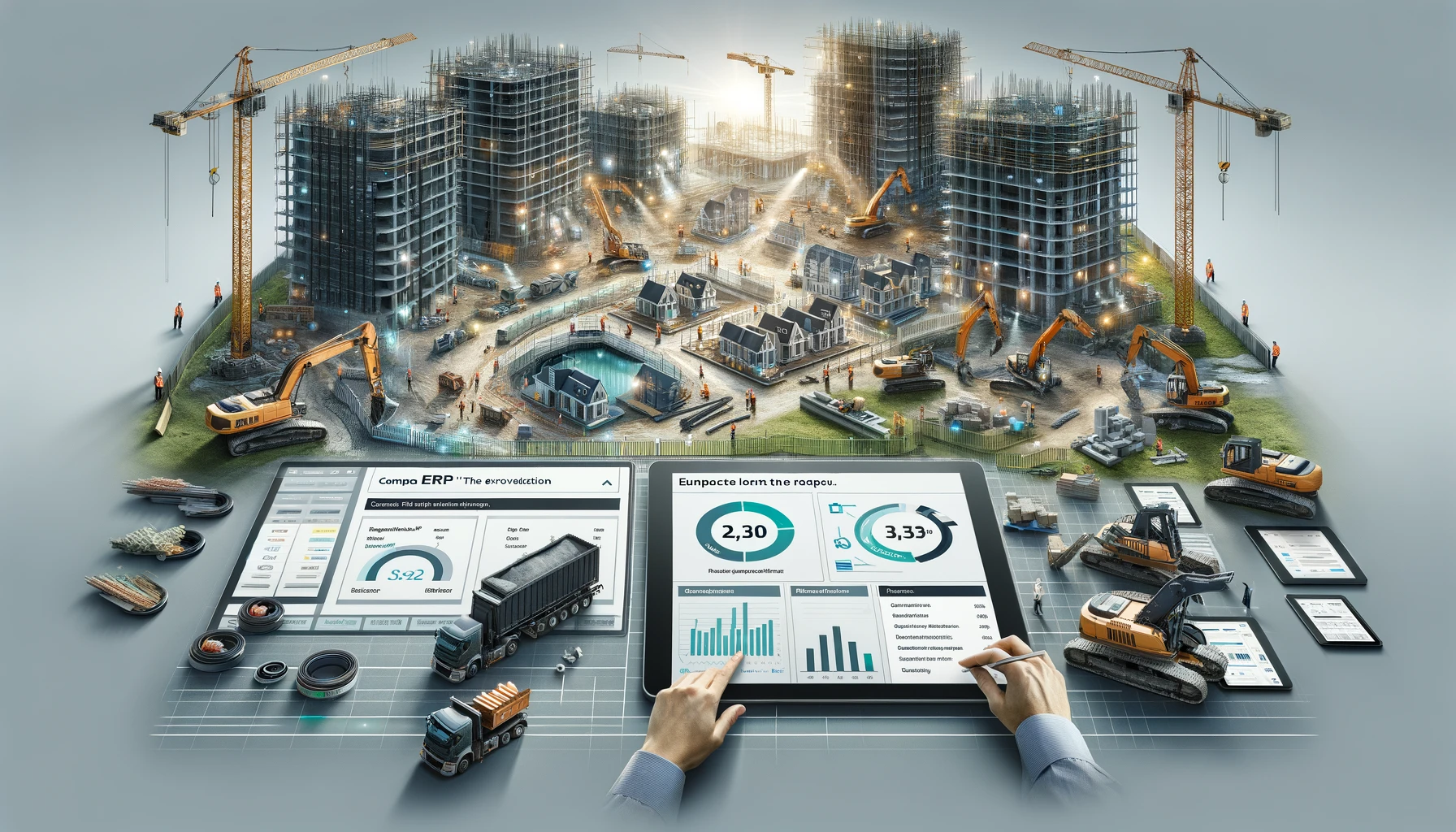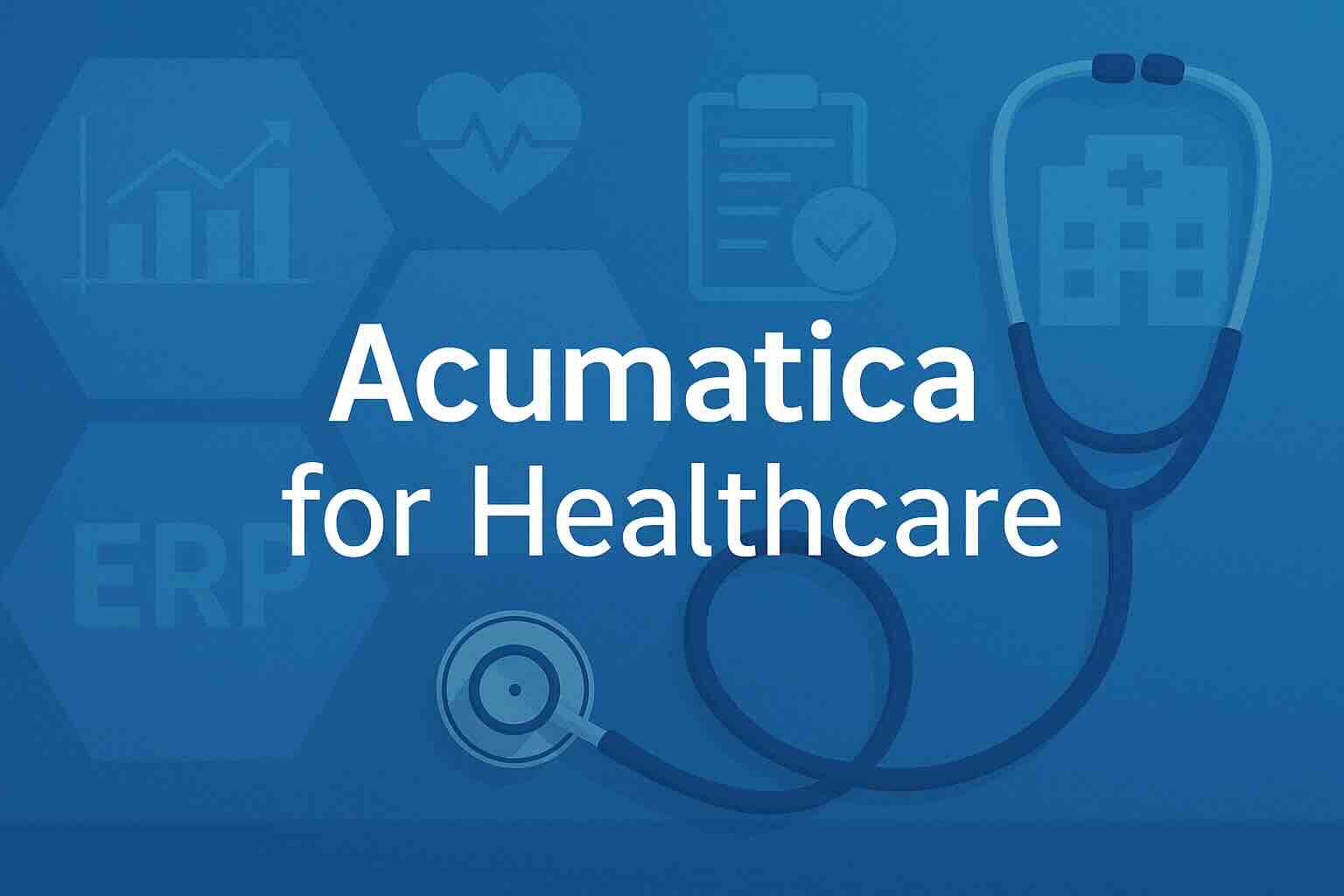Treasury Management System vs ERP: Which One Do You Need?
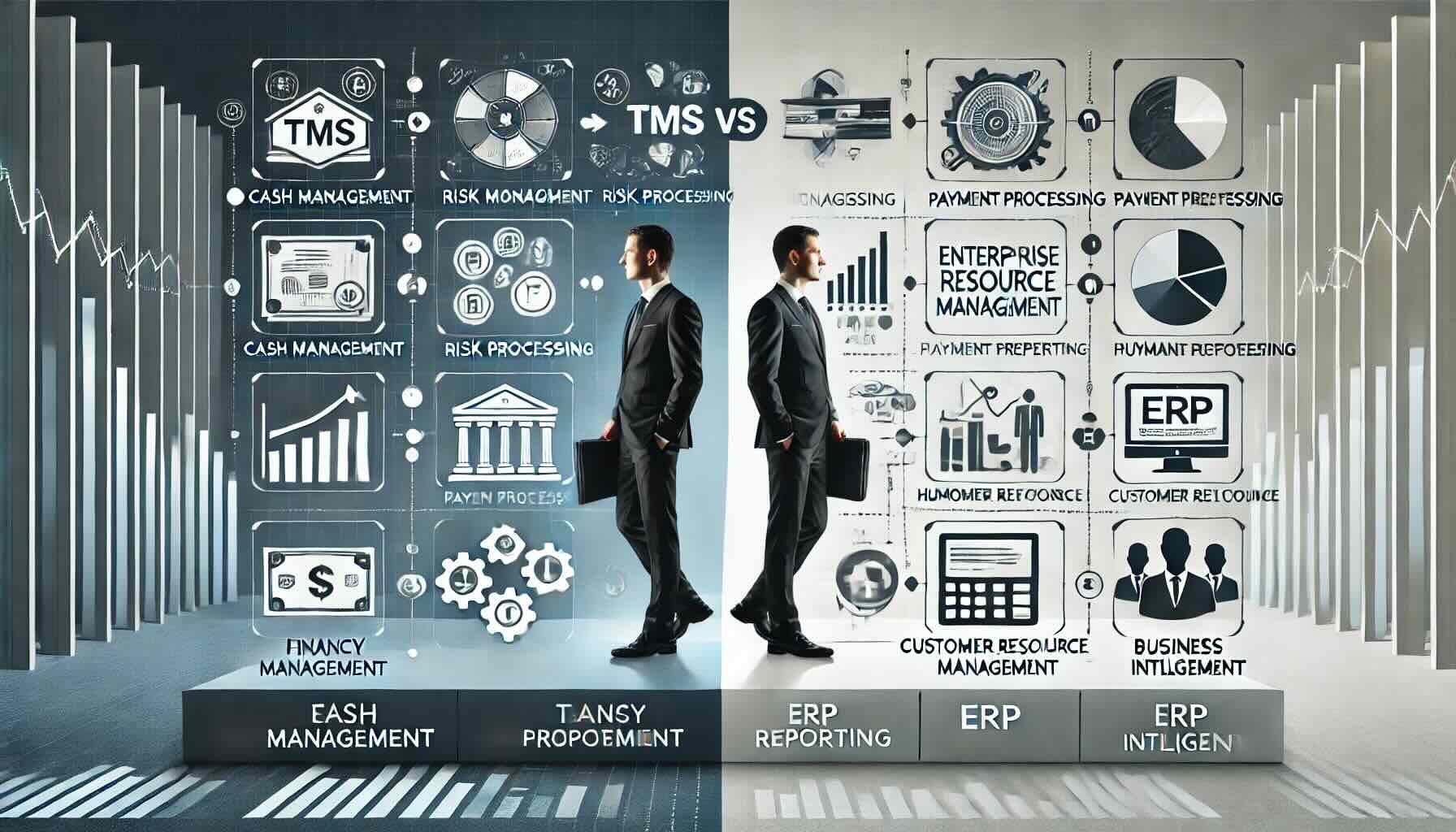
In the modern business landscape, the need for efficient financial management tools is paramount. Among the most popular solutions are Treasury Management Systems (TMS) and Enterprise Resource Planning (ERP) systems. But how do these two compare? This blog dives into the key differences, benefits, and scenarios where one might be more beneficial than the other. Welcome to our comprehensive guide on “Treasury Management System vs ERP”.
Understanding Treasury Management Systems (TMS)
A Treasury Management System (TMS) is specialized software designed to automate and streamline treasury operations. These systems focus on managing a company’s financial transactions, liquidity, and risk, providing tools for cash management, forecasting, and financial risk assessment.
Key Features of TMS
- Cash and Liquidity Management: Real-time tracking of cash flow and liquidity positions.
- Risk Management: Tools for managing financial risks such as interest rate risk, currency risk, and credit risk.
- Payment Processing: Automated and secure processing of domestic and international payments.
- Treasury Reporting: Advanced reporting and analytics for better financial decision-making.
- Bank Account Management: Centralized management of multiple bank accounts.
Benefits of TMS
- Enhanced accuracy in cash forecasting.
- Improved control over financial operations.
- Reduced financial risk through better visibility.
- Streamlined payment processes.
- Better compliance with regulatory requirements.
Understanding Enterprise Resource Planning (ERP) Systems
An Enterprise Resource Planning (ERP) system is a comprehensive suite that integrates various business processes across departments, including finance, HR, supply chain, and customer relationship management (CRM). ERP systems aim to provide a unified platform to manage all core business operations efficiently.
Key Features of ERP
- Integrated Financial Management: Comprehensive tools for accounting, budgeting, and financial reporting.
- Supply Chain Management: Tools for inventory control, procurement, and logistics.
- Human Resource Management: Modules for employee data management, payroll, and recruitment.
- Customer Relationship Management: Tools for sales, marketing, and customer service.
- Business Intelligence: Advanced analytics and reporting for strategic decision-making.
Benefits of ERP
- Unified platform for managing all business operations.
- Enhanced collaboration across departments.
- Improved efficiency through automation.
- Real-time access to business data.
- Scalability to support business growth.
Treasury Management System vs ERP: Key Differences
Specialization vs. Generalization
- TMS: Highly specialized for managing financial transactions, liquidity, and risk.
- ERP: Generalized system integrating various business processes across the organization.
Financial Focus
- TMS: Deep focus on treasury-specific tasks like cash management and risk mitigation.
- ERP: Broader financial management including accounting, budgeting, and financial planning.
Implementation Complexity
- TMS: Typically easier to implement due to its focused scope.
- ERP: More complex and time-consuming implementation due to its wide-ranging functionalities.
Use Cases
- TMS: Ideal for organizations with complex treasury operations, needing specialized financial tools.
- ERP: Suitable for businesses looking for an all-in-one solution to manage various departments and processes.
When to Choose TMS Over ERP
- High Volume of Financial Transactions: If your company deals with a significant volume of financial transactions, TMS can provide the necessary tools for efficient management.
- Complex Financial Risk Management: Companies facing multiple financial risks benefit from the specialized risk management features of a TMS.
- Need for Advanced Cash Forecasting: Businesses that require precise cash flow forecasting will find TMS tools highly beneficial.
When to Choose ERP Over TMS
- Integrated Business Operations: If your goal is to integrate various business functions into a single platform, ERP is the way to go.
- Scalability: ERP systems are scalable and can grow with your business, making them suitable for expanding enterprises.
- Comprehensive Reporting Needs: For companies needing detailed reports across multiple departments, an ERP system provides robust reporting capabilities.
Conclusion
Choosing between a Treasury Management System and an ERP system depends on your organization’s specific needs and priorities. If your focus is on specialized treasury operations, a TMS might be the right choice. However, if you need a comprehensive solution to manage various business functions, an ERP system could be more beneficial.
Understanding the key differences and benefits of each system will help you make an informed decision. Whichever you choose, both systems aim to enhance operational efficiency and support your business’s financial health.
To compare 100’s of ERP solutions, you can use our new AI-powered Compare ERP tool. It’s free to use and you get a guaranteed discount on your first year’s licence fees with a referral from Compare ERP.
